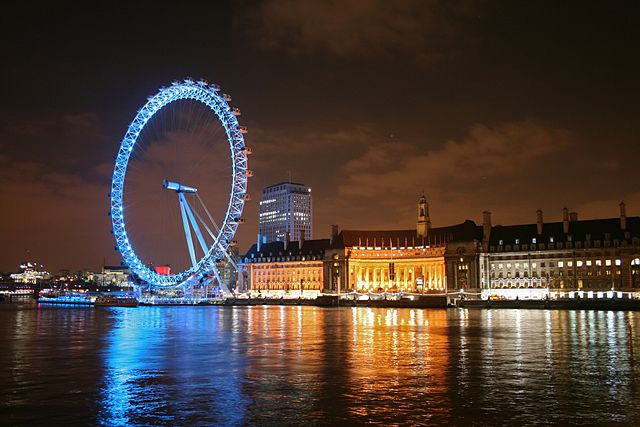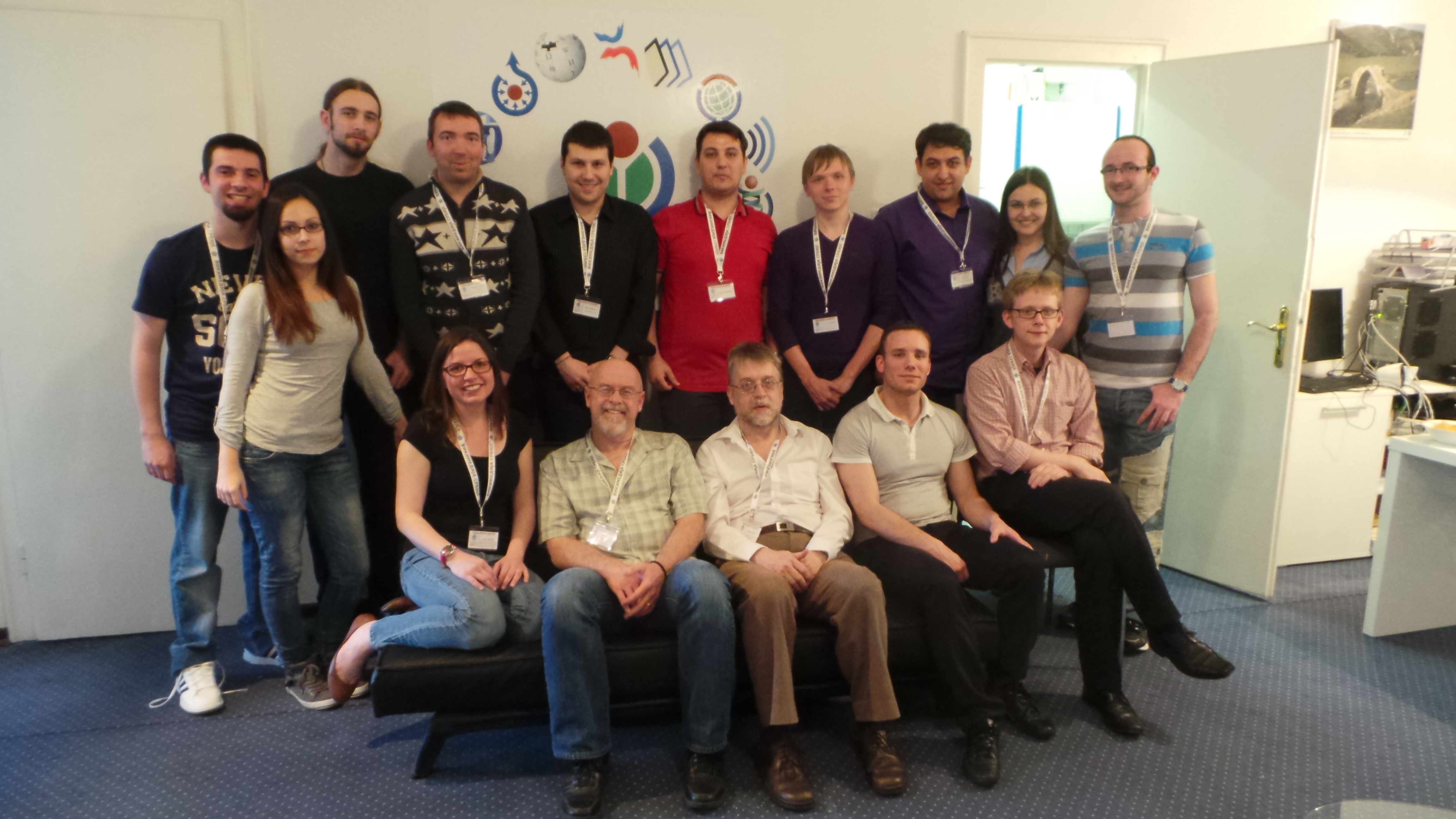 This post was written by Emily Sorensen, Wikimedia UK volunteer, writing in her personal capacity.
This post was written by Emily Sorensen, Wikimedia UK volunteer, writing in her personal capacity.
We live in a unified Europe (i.e. EU) that is part of a global economy. We do business with organisations, companies, and people from all over the world. We use Twitter, Facebook, LinkedIn, Instagram, and many other social media which connect people from all over the world. We don’t need obstacles that get in the way of these developments. We need rules that complement our needs and make interactions and transactions run as smoothly and fairly as possible to reduce the likelihood of complicating the technological and scientific developments that are already complex as it is. Times change and so do our needs. So what has this got to do with copyright laws?
Firstly, many people ignore the legality of their online behaviour because we are used to being served what we want at the point of a simple Google or Bing search. Downloads are a useful example.. It’s copyright infringement to download many films, songs, books, and so on for free, but that’s not stopping many (usually) lawful citizens from doing it anyway. Why? Because the availability of information online has increased expectations for what we can have for free. This is not a trend that can likely be reversed, or should be reversed. It’s a change of mindset that seems to be here to stay, and the proof of this is the way companies have changed their business models over the last 15 or so years. Many entrepreneurs and start-ups, for example, market themselves initially providing free services and products in order to generate sales leads. Even well-known companies such as Spotify lure potential customers into paying monthly fees by giving them a free subscription month initially. It works, because those companies have found ways to make it work, taking into consideration the tendencies and needs people reflect online.
What hasn’t changed in line with developments brought about by the internet, however, is the copyright legislation in the EU. For example, some EU countries have taken a more liberal approach to rightsholdership of photos taken in public. In the UK and Germany, there is freedom of panorama, meaning that any photos taken in public spaces can be freely used and shared as desired. In France, Italy, and Iceland, however, there is no freedom of panorama, meaning you can’t use photographs taken in public spaces for anything other than private displays (not Facebook, mind you).
The lack of uniformity of copyright rules across European countries is confusing to people and can cause unnecessary financial harm to snappers who infringe on laws they didn’t know even existed. According to one review, 73% of UK users are perplexed by the copyright rules in Europe. This is a consequence of vast variations of copyright laws within countries instead of a unified law across Europe. If only we had the same legislation applicable in all countries of the EU, we would have greater clarity regarding what we are allowed to do, resulting in a much higher level of adherence to the law that we have now. Boundaries are blurred between countries with the presence of the internet, so legislative differences between countries are only going to complicate matters in creative and information sectors rather than help potential copyright holders.
Another area that needs improving is the public domain status of publicly funded works. Cultural and scientific works funded by the taxpayer do not currently belong to the public by default across all of Europe. In effect, this means that if you need to use or investigate sources of information relevant to your field of research or industry, you may have to pay to access it, even if the public has financed the research already for the sake of “benefiting the public” (i.e. you). Such “benefit” is limited only to the few who can access the content freely. Some of this content may lead to societal improvements – some of it may not. If it was freely distributable, however, we would more rapidly develop our public knowledge base, ultimately supporting the potential of more fluid societal improvements. Knowledge should not be for the privileged few. It should be for all, because as anyone in the creative or scientific professions knows, progress tends to happen sporadically and sometimes where you least expect it. If you set information free into the public sphere, you may find that people from corners of our society where you least expect it may use to information in ways that can truly make a difference to our lives. But obstruction of access to culture and knowledge most certainly won’t aid this development. On the contrary, it may be making us ignorant to changes that could have happened in a Europe with more liberal copyright laws.
At Wikimedia UK, we have gathered support from four political parties (Liberal Democrats, Conservatives, Labour, and the Scottish National Party) for our arguments for the harmonisation of copyright laws in the EU. You can make a difference too by participating in your own way at the World Book and Copyright Day on Wednesday the 23th of April, or by contributing to the online debate about our copyright rules in the EU. All public debate in this area is currently laying the foundation for potential legislative changes in the EU, so your voice can make a real difference. You can also contact your local MEP to ask them for their views on copyright reform and encourage them to support change.

















